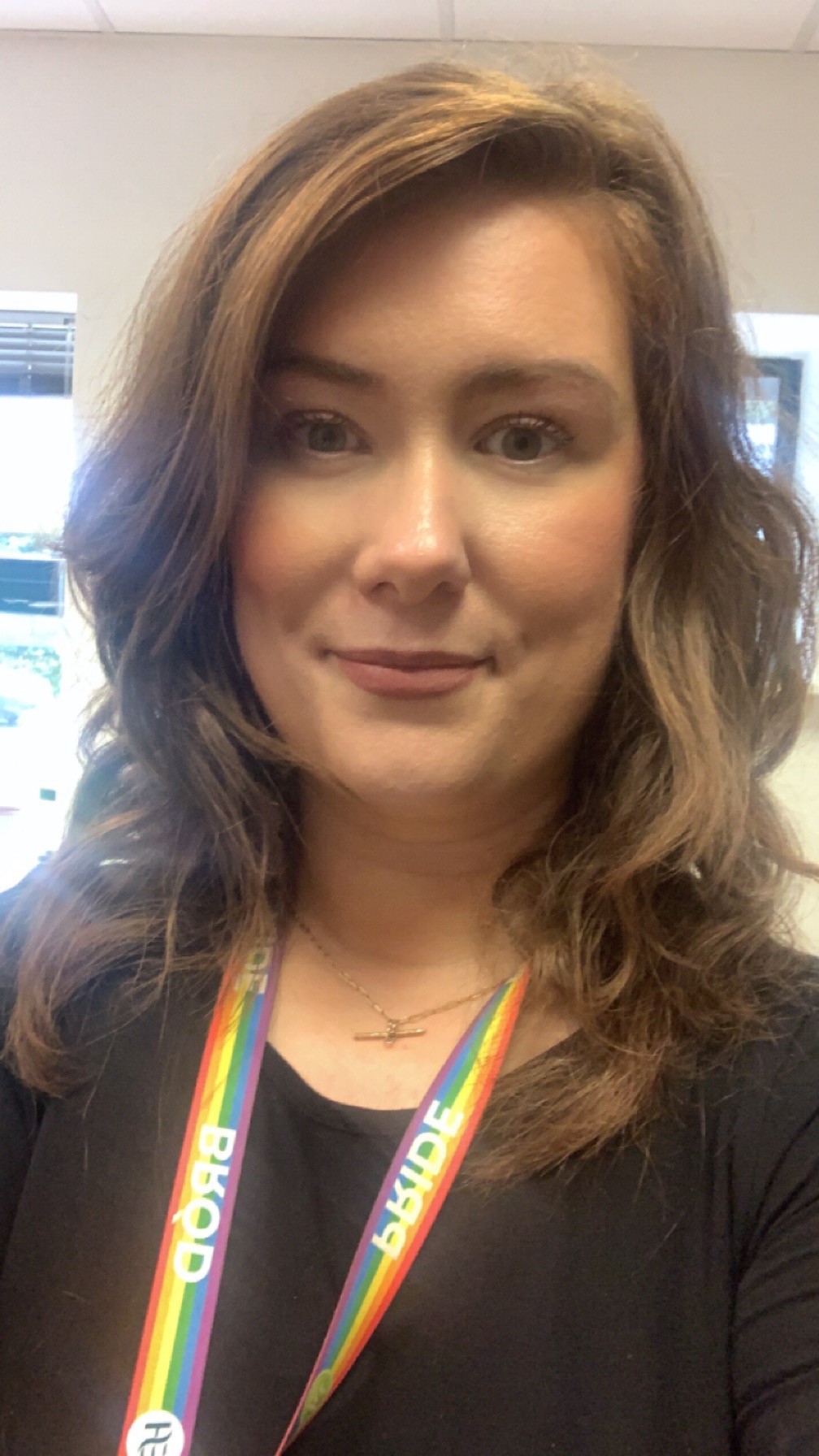Our People In CAMHS Services
5 Minutes With Orla O’Sullivan

How does your day start?
Most days tend to start in a similar way which usually consists of checking emails, going through my diary to look at my appointments/meetings for that day and of course making a coffee is essential. This also gives me a chance to check in with some of my colleagues which is an important part of MDT working.
Tell us about the team you work with.
I am part of the West Limerick Team which is led by our Consultant Psychiatrist. We are a multi-disciplinary team made up of medics, nursing, psychology, speech and language therapists, social care, admin and social work. We have a team meeting every week which can last for about 2 hours and it’s a great way for the team to come together to discuss cases and support each other. This is protected time and my team really values co-working which helps us keep connected and working more cohesively.
What does your typical working day involve?
The great thing about CAMHS is there is a variety to most of my days but typically my day would consist of individual appointments with children, parents/carers and families, team or discipline meetings or if I am on call, triaging new referrals sent to the team and potentially scheduling further appointments for that afternoon. There are also times when I am at schools completing observations as part of my assessment or delivering groups in CAMHS to young people and their families. I spend the majority of my day talking with children of all ages about the challenges they face with their mental health and supporting them to find ways to resolve issues to improve their daily life.
What motivates you in your work?
I have recently stepped into a new role as a Team Leader, which has given me new drive and motivation about developing the role of social work further in CAMHS. I enjoy talking with people of all ages every day, helping them to gain new perspectives and insights to improve their mental health and quality of life. I enjoy working with a team of people with different training to mine and differing views to problem solve and work together to help children recover from the mental health challenges they face.
What do you enjoy most about your role?
I really enjoy that my role is flexible and varied and I can offer both individual sessions and group work. I am able to talk with children and parents/carers every day, listening to the stories of their lives, witnessing the adversities they face and the determination of children and parents/carers to support each other. I am in the privileged position to hear and see the resilience of children and families living with significant mental health conditions. I enjoy group work particularly with young adolescents, often they feel so alone but joining peers for groups facilitates shared conversations enabling them to see they are struggling with similar issues of identity, face similar social and familial pressures and provides opportunities for them to learn from peer experiences.
What advice would you give someone considering a career in CAMHS?
CAMHS has given me a wealth of experience not only in the area of moderate to severe mental health but also working as part of an MDT. As a discipline social work is really valued in CAMHS and there is great opportunity to upskill and learn from other team members.
The variation in presentation of children to CAMHS keeps the work interesting, children struggling with mood, anxiety and eating disorders to psychosis and neurodevelopmental conditions like ADHD/ADD.
The work is complex and varied but that is what makes it so interesting and there are constant opportunities to learn and develop professionally.